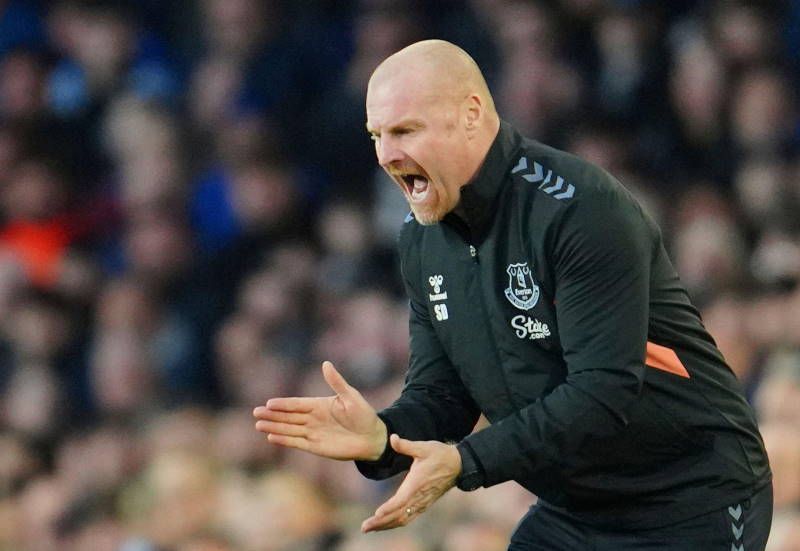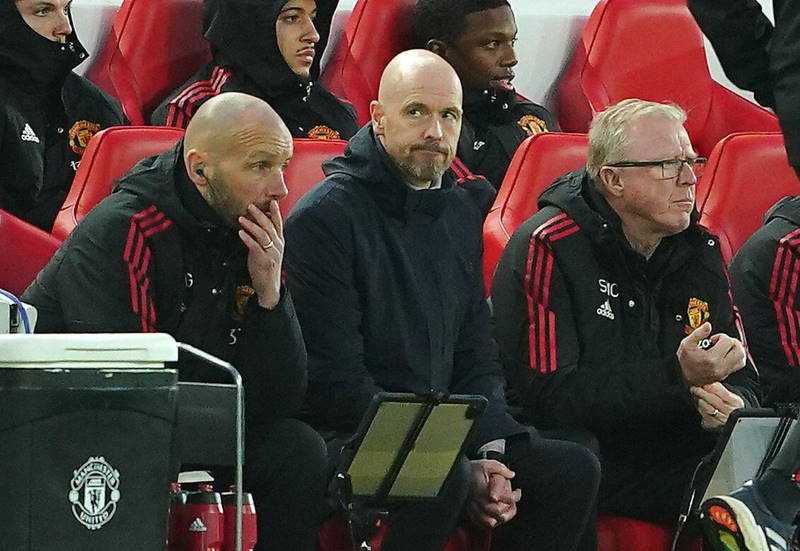Scott Musgrave
One thing that I have noticed in football, particularly in very culturally diverse countries, is that there are many nationalities represented. Great countries such as Australia, the Netherlands, the United Kingdom and the United States are all well known to welcome immigrants, particularly in their past, to incorporate them and bring them to embrace their new nation. Whilst this happens more often than not, some continue to favour the country of their heritage over the country they were born in and raised in.
The main question is this; why is it that footballers occasionally jump ship from their country of birth to the country of their parents. I’ll be looking at various examples, many of which differ in circumstance, which is another point I will be exploring, particularly the issue of naturalisation.
The vast multicultural pastiche in football brings many questions regarding international allegiances. Seeing as how almost every country in the world has adopted the game it is quite easy to see where nationality problems may arise. The game has spread in one way or another, to some countries through colonisation, others through immigration or simply as a result of trade and trend.
To use the most prominent example in this piece, Australia’s footballing roots come from ethnic migration. Many of the most well established clubs in the country were founded by immigrant minorities. Marconi, Queensland Lions (previously Hollandia), South Melbourne and many others were a result of Italian, Dutch and Greek immigration respectively.
South America is also source of many of these traditions. With colonisation by Portugal and Spain, the gospel of football was brought and thus the love for the beautiful game blossomed. Even the Dutch in Surinam had some bearing on the way football was appreciated on the southern American continent.
North America also has been influenced by its immigrants also. Canada in particular has a large immigrant population culminating in several ethnic based teams across the country.
The point in any case is that migrant populations have greatly influenced the way many people play and perceive football. There was a time in Australian history, up until recently, wherein the status of football was not as it was in many other developed nations along with Canada. In both countries football developed strictly as an ethnic sport not shared by the vastly Anglo population, but embraced by the Greeks, Italians, Yugoslavians (Serbs, Croats, Bosnians, etc.) and others. So it is not surprising that currently both nations have sizeable amounts of ‘ethnic’ players in their national teams today. Asmir Begovic and Tomas Radzinski, both born on foreign soil, play for the Canadian national team. Australia on the other hand is home to many second generation players. Marco Bresciano, Jason Culina, Mark Schwarzer and Mark Viduka all could have represented the nation of their parent’s birth but chose to represent Australia due to their upbringing.
But why is it there are players that have grown up in other countries who wish to represent the country of their heritage instead. It is fair to say that heritage has a greater say in some cultures but one must look towards one’s current situation.
Players such as Josip Simunic, Anthony Seric and Joey Didulica, all Australian born have chosen to represent the country of their heritage. Didulica is perhaps in another category as he was very open to Socceroo selection, it was only coach Frank Farina’s choice at the time that he wasn’t selected and thus played for Croatia when they came calling.
Simunic and Seric however are seemingly unforgivable defections particularly in the eyes of many Australian supporters. Simunic went through the government funded Australian institute of Sport (AIS) to hone his skills and yet he decided not to don the green and gold but rather the red and white of Croatia.
Whilst many excuses have been made by past and present defectors, they seem to hard to justify when looking towards the bigger picture. Most excuses have been in the ilk of the success of the hereditary team along with ease of transport and whatever else. But realistically, what has Croatia won? Particularly in the era of Simunic and Seric. Apart from a 3rd placing at the 1998 World Cup in France and perhaps regular appearances at major tournaments, there seems to be no stimulus for a defection. Also to go along with this argument, how is a country like Australia going to get better if its potential players defect to other teams? It makes no sense.
As a patriotic Australian myself I am outraged when players who were born and raised in this country up and leave to represent seemingly more illustrious European nations. There should be a better sense of honour about one’s birthplace, instead players are mercenaries for hire should they have the right passport. Take Eduardo of Croatia for example, granted he had been living in Croatia since he was 14, but he was more than happy enough to play for the Croatian national team.
The players who move to their country of representation at an early age are perhaps forgiven as they have lived there for much of their adolescent lives and thus would feel an affiliation for their adopted country.
Here is where we move into another fuzzy area of nationality particularly in regards to Turkish immigrants in Germany. You would think that many players that were born in Germany would favour the chance to represent them, but the likes of Hamit Altintop and his brother Halil favour their country of heritage. However there is also the strange example of Mehmet Scholl, who went on to represent Germany. This is perhaps an interesting precedent to note.
Turkish immigrants, even if they are born in Germany, are ineligible for German citizenship. Which then leads us to the question of why so many Poles do not follow the Turkish immigrants lead? Miroslav Klose, Lukas Podolski, Lukas Sinkiewicz and Piotr Trochowski have all chosen Germany over the country of their heritage. Why not too the Swiss? (i.e. Olivier Neuville) And why not the Spanish? (i.e. Gonzalo Castro and Mario Gomez). What is it about the Turks that makes them feel separate from the other immigrants in the country? Why is it that players like Nuri Sahin then choose to represent Turkey? What is their drive? Do they not have the same respect and feelings for Germany as the other immigrants? Or is it truly just a legal loophole?
What drives me to write this article is the recent defection of Liverpool reserves keeper Dean Bouzanis (rated by Rafael Benitez as the best keeper in the world in his age bracket) from Australia to Greece. Although Bouzanis has stated that he has not yet decided on his international future, his decision to play for the Greek U-19 team has all but confirmed his allegiances. Not all the blame must rest with the youngster however as the FFA has not done all that was possible to keep him interested in Australia. He is rarely called up for the junior teams as he should so rightly be commanding a place in the first team of any of the youth ranks.
What infuriates people most as supporters of Australia is the absolutely abysmal excuses given by Bouzanis in a recent interview with a Greek radio station. He made claim to Greece’s better history in major competitions, apart from the Euro 2004 victory and 2 qualifications for the World Cup there is not much more success; Ease of transportation was another excuse given, which granted is worthy of consideration due to the long and strenuous journey from England to Australia for home games.
Overall the reaction from Bouzanis was not exactly convincing for someone who supposedly had their heart set on playing for the Australian national team. If one truly wishes to represent their country with pride, they will go to any lengths to do that. Transportation and glory are hardly worth mentioning when it comes down to one’s passion for their national team. Look at the likes of Harry Kewell and Brett Emerton who give their hearts to play for the Socceroos every time there is the possibility of a call-up. Why are there so many that don’t see playing for their country as a privilege and not a burden? Possibly one of the unanswerable questions unless you are one of those who chooses the county of their heritage over the country of their birth.
One hopes that in the future there will be less and less of this particularly in the culturally diverse nations of the world like Australia, Canada and the US. We want our national teams to be true representations of their nation. The fact that there are Greek and Croatian descended players in the national team shows the ethnic diversity of a country. More players need to realise this and hopefully with time they will realise their feelings for the countries of their birth. For are we not all at heart patriots and lovers of our countries?













